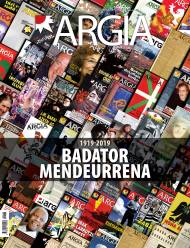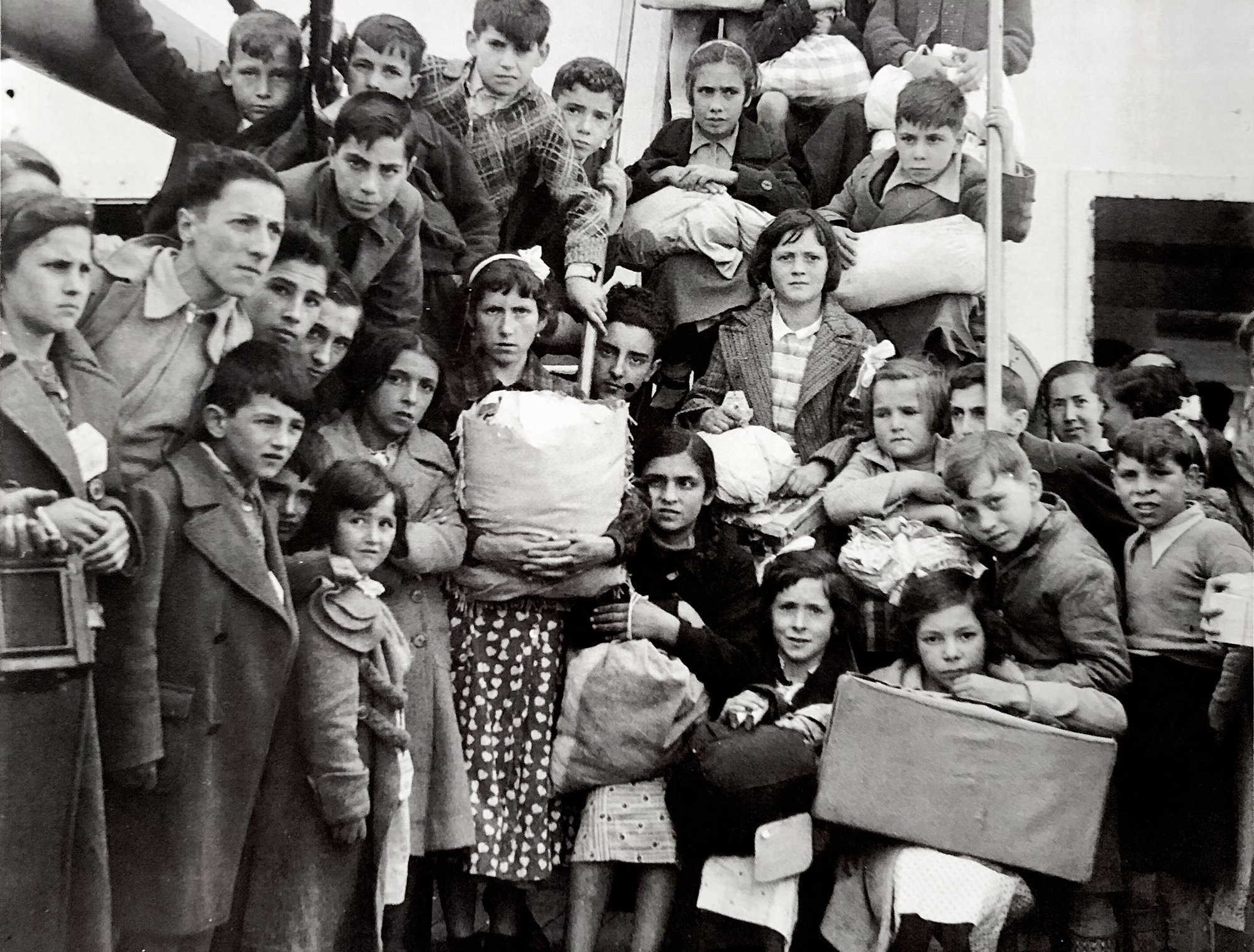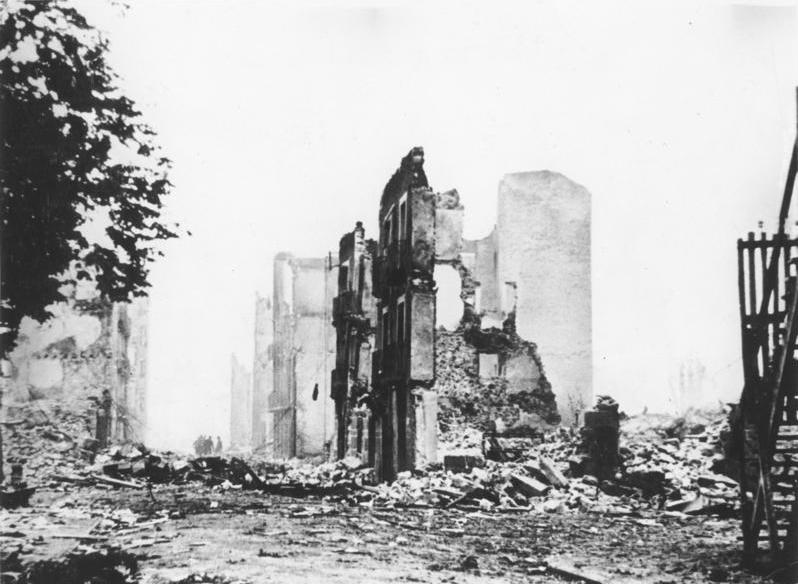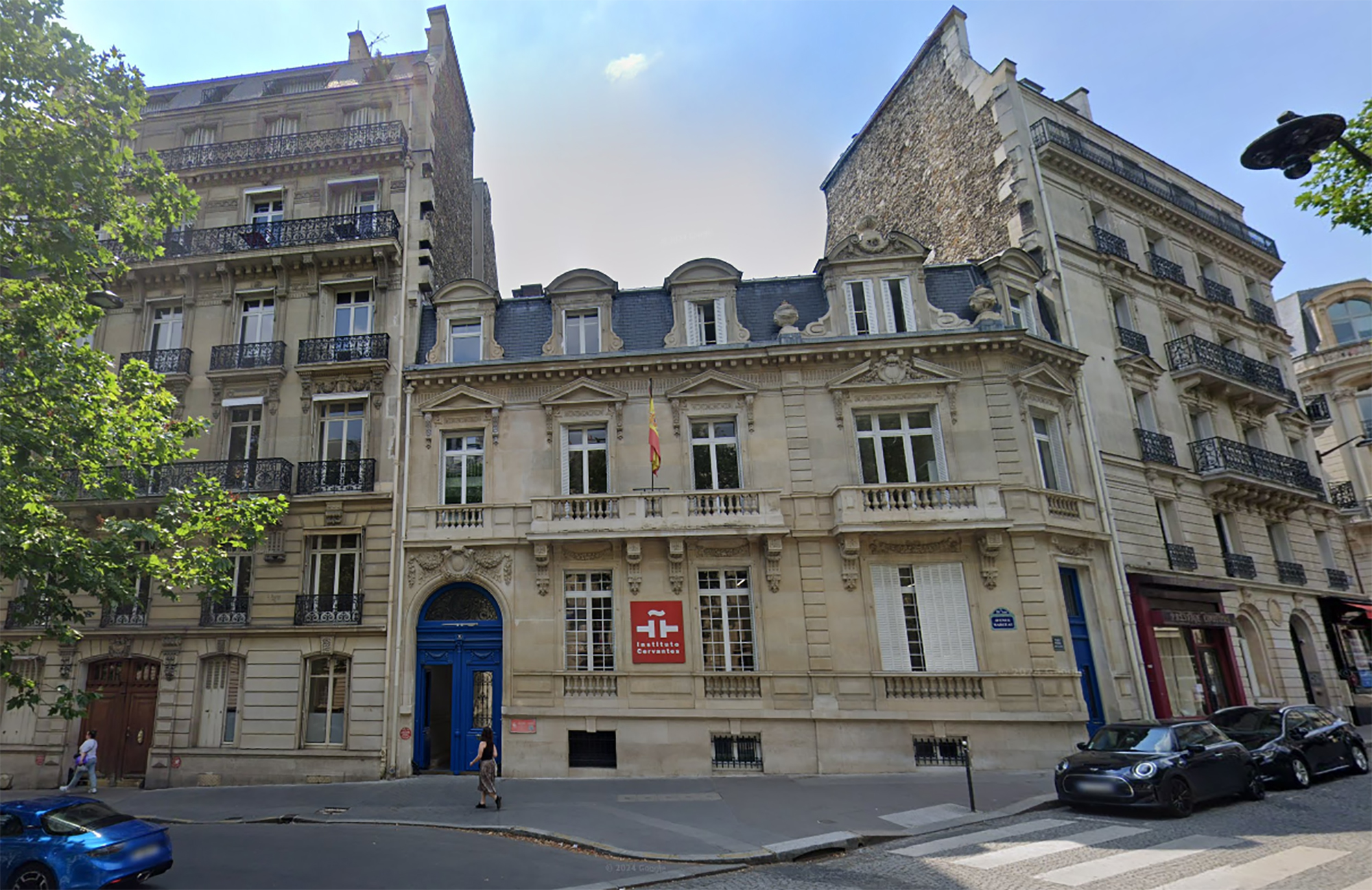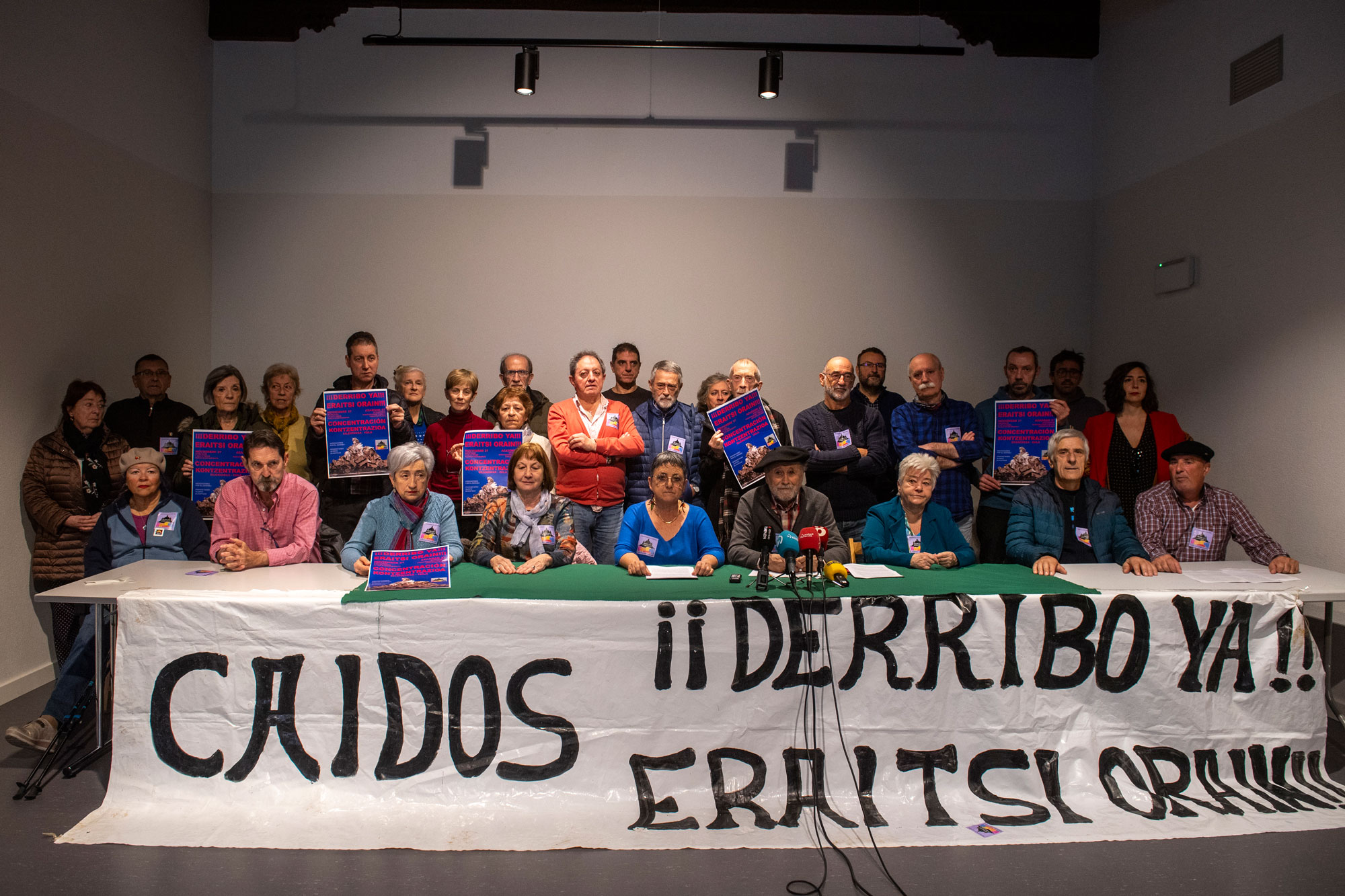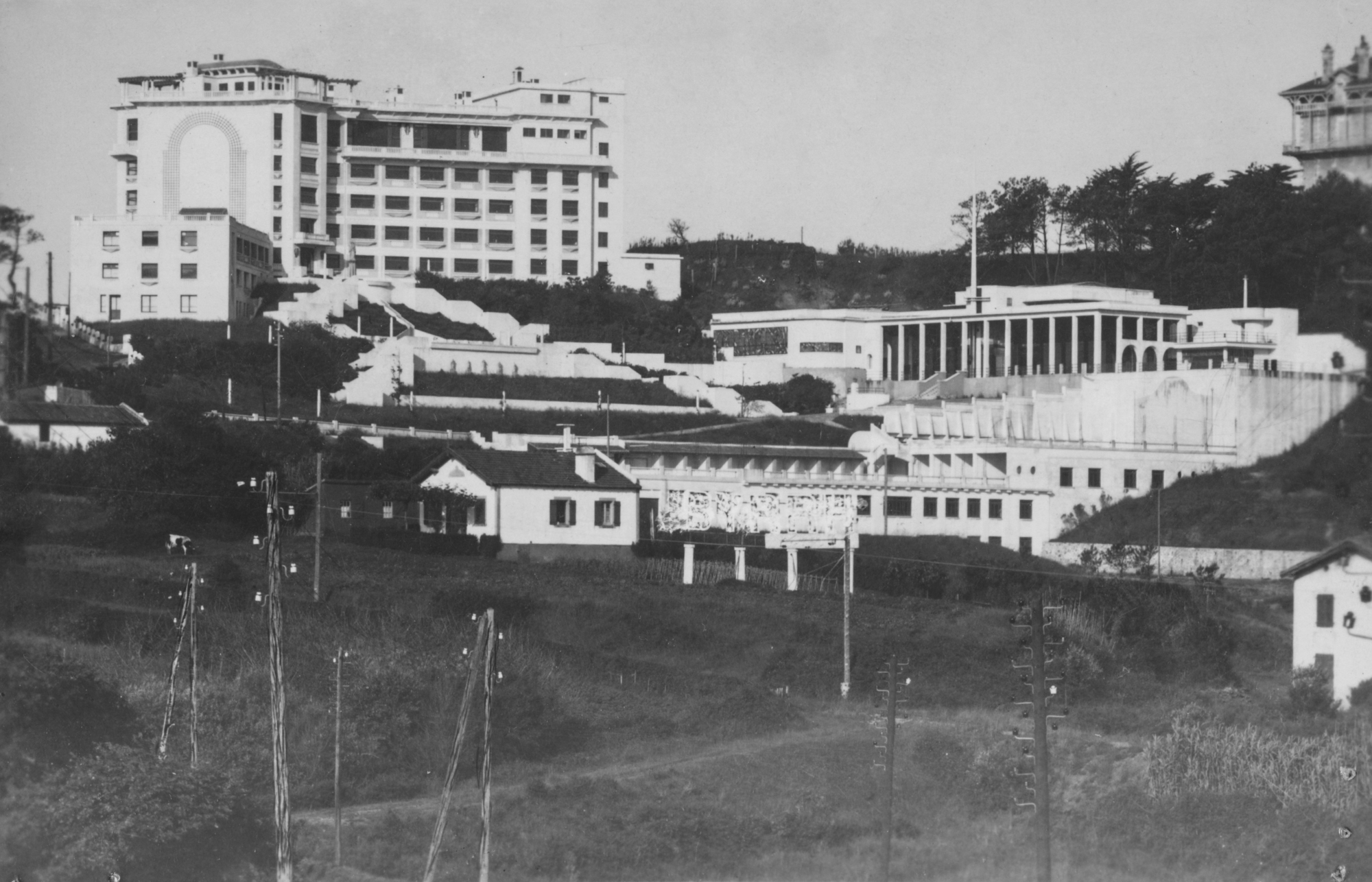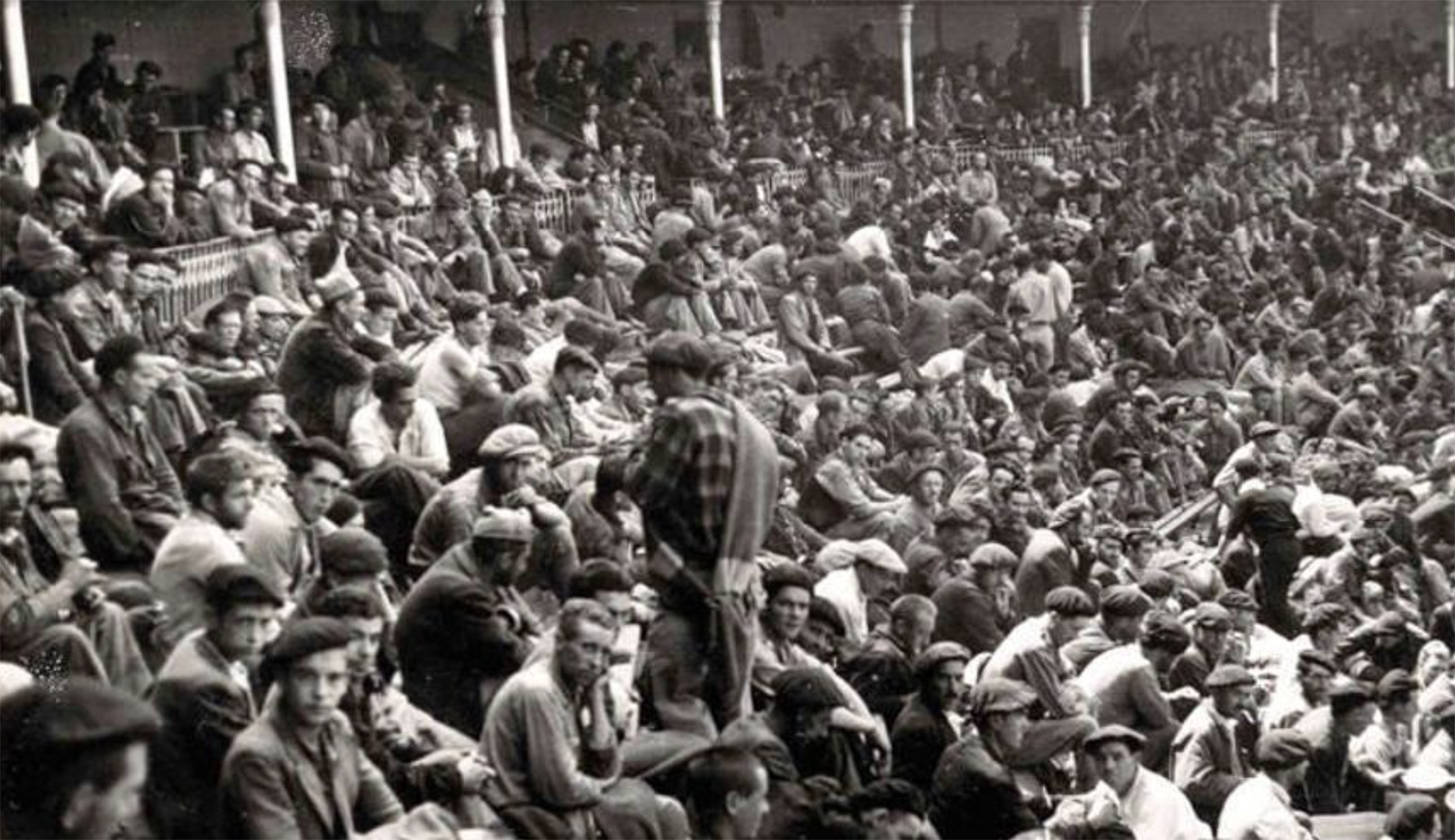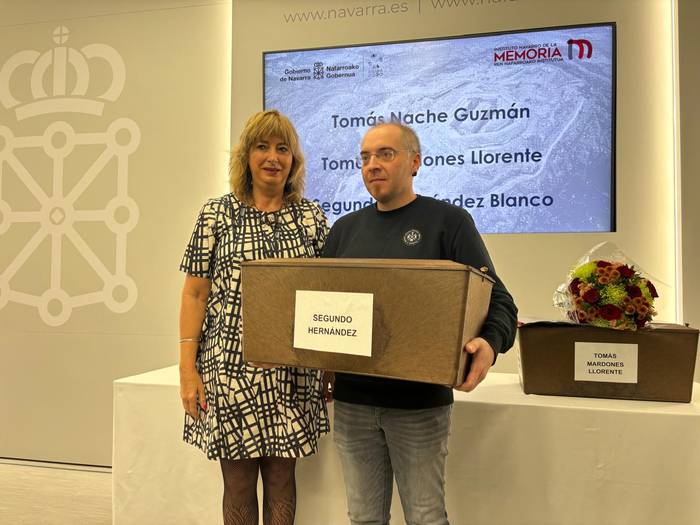Son of Begoña
- If there had been an official religion in the Soviet Union, it would be ice hockey, and if we asked what was the principal prophet of that religion, there would be no question of answering: Valeri Kharlamov. Few people know that the mother of this great player, Begoña, was a “war boy” sent from the port of Santurtzi in 1937 fleeing Franco’s troops.
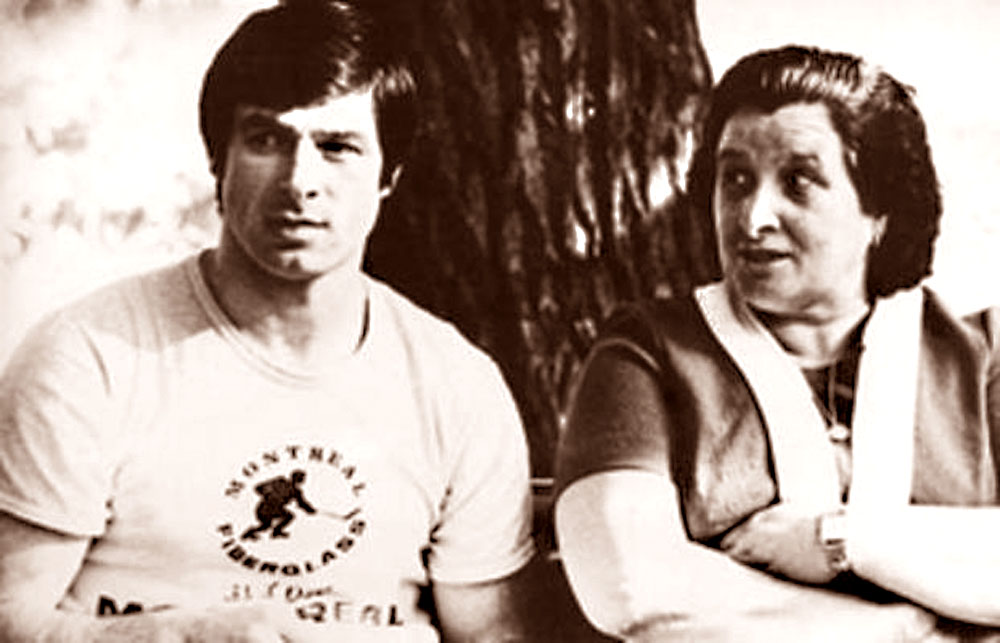
According to the lists published by historian Enrique Zafra, among the refugee children who left the Basque Country on 13 June 1937 were the Oribe Abad brothers of Bilbao. Carmen, Diego and Francisco, like thousands of others, were sent away from their parents to move away from the dark future that would lead them to the defeat of the Republic. His father was a Republican who was killed on the front and his mother, a well-known communist militant, would have spent time in jail. Most of the children landed in Leningrad after the Pauillac (Occitania) scale and from there were divided into several cities. The Oribe Abad sisters went to Moscow.
Ten years later, Carmen Oribe, known as Begoñita, was a young working woman from the Soviet Union who went to the party room every Sunday with her airline colleagues Aeroflot. There he met Boris Kharlamov, a mechanic at the Kommunar factory, who was married earlier than he thought and who was pregnant with Begoña. On January 14, 1948, in the midst of a terrible snowfall, the child was born in the same vehicle, without the taxi being able to move.
.jpg)
When the mother and baby were in the hospital, Boris, who went home on foot, was arrested as a thief. In the police station, illuminated the situation, the man, drinking and smoking with the police, decided the name of the child: Valeri would be the tribute to Valeri, the famous Soviet pilot Valeri Chkalov.
After World War II, Stalinism at the height of time was hard. Begoña, Boris and Valeri lived in the room of a room divided by panel walls. Valeri was a weak and sick child. Food distributed through rationing was poor and cold did not help to improve health. Soon his sister, Tatiana, arrived.
Return of Franco to Bilbao
Stalin’s death calmed the Cold War and the “children of war” had the opportunity to cross the Iron Barrier. In 1956, they returned to Bilbao and joined the Francoist Valeri school. His colleagues called him Rusito, the representative of communism, so terrible, and he also had problems with language. In subsequent talks, however, Valeri stated that what he had most marked was the need to pray. For the newcomers of the Soviet Union, the Francoist atmosphere was not comfortable and, after eight months, they decided to return to Moscow definitely. Begoña left his homeland for the second time.
Then he put Val's hockey skates, first the father's over the shoes, and then his. When he was in the lower categories, 13 years old, doctors diagnosed him with heart disease and ordered him to leave the sport. However, the father continued to take him to the workouts, hidden, without Begoña knowing it. This discrepancy between the partners was not the only problem: Valeri's biographers speak on more than one occasion of his father's alcoholism. The Basque mother was proud of what her son had achieved, but not of the conduct of her husband.
Starting in the youth stage, Kharlamov debuted in October 1967 with the CSKA in Moscow, the Red Army team. They thought he was too young and he went to the Zvezda, to the Uraleta. There he proved to be a great player and became the lifelong team next season. He was soon selected for the selection of the Soviet Union and from there the history of hockey is very intense, since with 17 dorsales there were many weeds achieved.
Two gold medals at the Winter Olympics (Sapporo’72 e Innsbruck’76) and one silver medals (Lake Placid’80). In the world championships, eight gold, two silver and one bronze. Eleven times champion of the Soviet League and winner of the 1979 Challenge Cup. He was the first, without playing in the American NHL League, to enter the famous Hall of Fame Museum and intentionally injure himself in the match against Canadian professionals in order to win. The Americans offered him $1,200,000, but at the time of the Cold War it was unthinkable for him to go by the enemy's side.

In 1975 he received a call from Valeri in his house, Irina was from his old friend. He told him that he had a son and that he was his father. They accepted the paternity of the newborn Alexander and decided to marry. Soon they had their daughter, Begoña, like her grandmother. In 1976 he suffered a serious traffic accident, but returned to hockey for the 1980 Winter Olympics. There, they only got the money and as the culprits had to be sought, the Kharlamov was pointed out, since they were not re-elected for the selection.
The legend that was born and died in the car
The 1981 World Cup was to be played in Canada and Kharlamov was not convened. When he came back on vacation with his partner to Moscow by car, they had an accident and both died. The player, born in a car, became a lost legend of life in the car.
The tributes after death were terrible. The CSKA and the Soviet team retired Dorsal 17, the prize awarded each year to the best Russian NHL player is Kharlamov Trophy and the youth Russian championship also bears its name. In 2014, a film about the life of Valeri, legend number 17, was produced. A monument in his favour has recently been presented at the Moscow Olympic stadium, and the most important one has remained in the memory of millions of Russian amateurs.
His son's death was a severe blow to Begoña. He tried to take over the custody of the grandchildren, but they were sent with the grandmother paternal. The situation depressed him and in a few months the champion's bilbain mother died. Nieto de Begoña, Alexander was a middle level hockey player. His son is called Valeri, like his grandfather. Val, the new Kharlamov doesn't like hockey, but he prefers football.
Iazko uztailean, ARGIAren 2.880. zenbakiko orrialdeotan genuen Bego Ariznabarreta Orbea. Bere aitaren gudaritzaz ari zen, eta 1936ko Gerra Zibilean lagun egindako Aking Chan, Xangai brigadista txinatarraz ere mintzatu zitzaigun. Oraindik orain, berriz, Gasteizen hartu ditu... [+]
Gogora Institutuak 1936ko Gerrako biktimen inguruan egindako txostenean "erreketeak, falangistak, Kondor Legioko hegazkinlari alemaniar naziak eta faxista italiarrak" ageri direla salatu du Intxorta 1937 elkarteak, eta izen horiek kentzeko eskatu du. Maria Jesus San Jose... [+]
1936ko Gerran milaka haurrek Euskal Herria utzi behar izan zuten faxisten bonbetatik ihes egiteko. Frantzia, Katalunia, Belgika, Erresuma Batua, Sobietar Batasuna eta Amerikako herrialdeetara joandako horien historia jasotzeko zeregin erraldoiari ekin dio Intxorta 1937... [+]
Ezpatak, labanak, kaskoak, fusilak, pistolak, kanoiak, munizioak, lehergailuak, uniformeak, armadurak, ezkutuak, babesak, zaldunak, hegazkinak eta tankeak. Han eta hemen, bada jende klase bat historia militarrarekin liluratuta dagoena. Gehien-gehienak, historia-zaleak izaten... [+]
Pamplona, 1939. At the beginning of the year, the bullring in the city was used as a concentration camp by the Francoists. It was officially capable of 3,000 prisoners of war, at a time when there was no front in Navarre, so those locked up there should be regarded as prisoners... [+]
Segundo Hernandez preso anarkistaren senide Lander Garciak hunkituta hitz egin du, Ezkabatik ihes egindako gasteiztarraren gorpuzkinak jasotzerako orduan. Nafarroako Gobernuak egindako urratsa eskertuta, hamarkada luzetan pairatutako isiltasuna salatu du ekitaldian.









